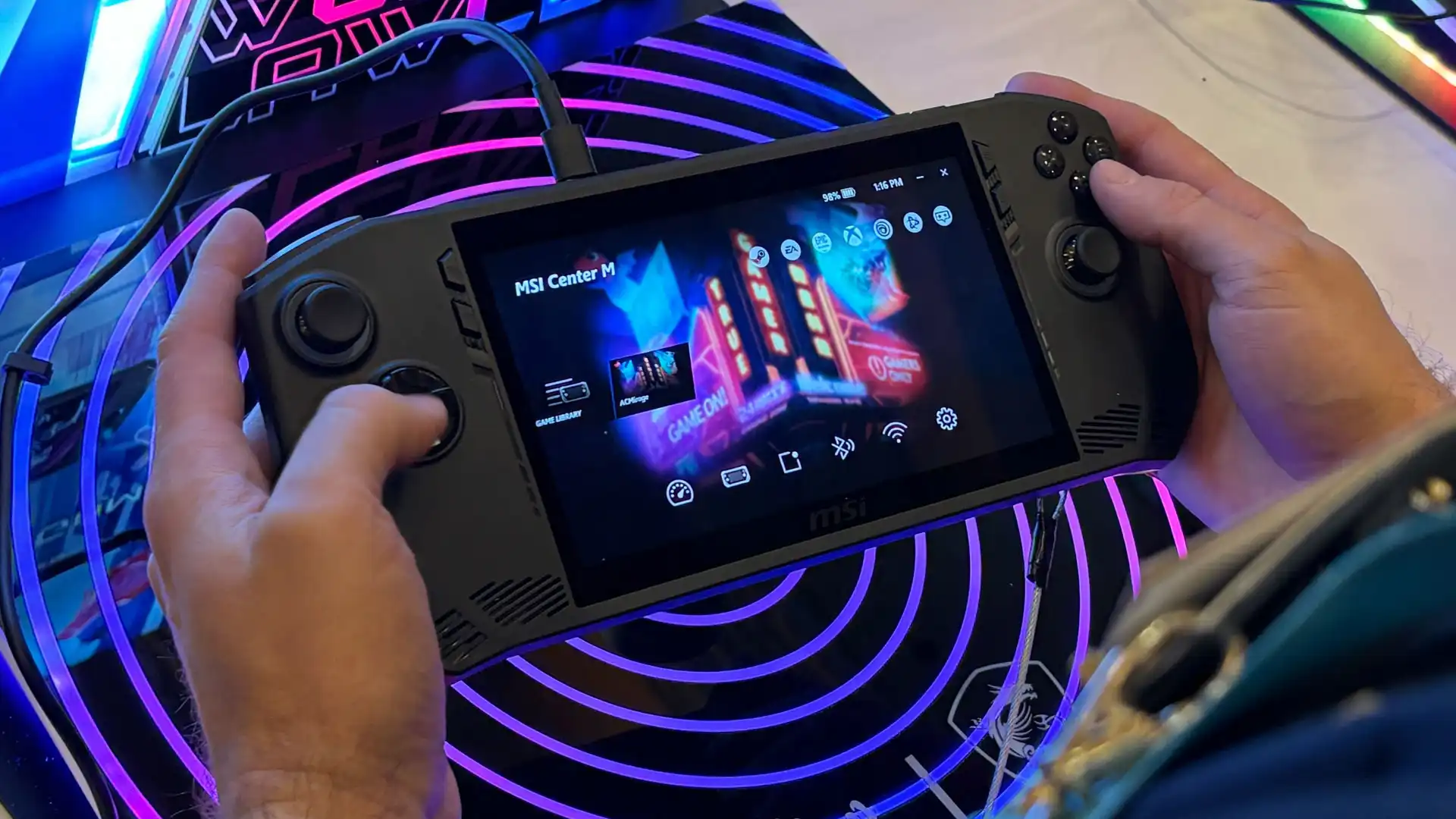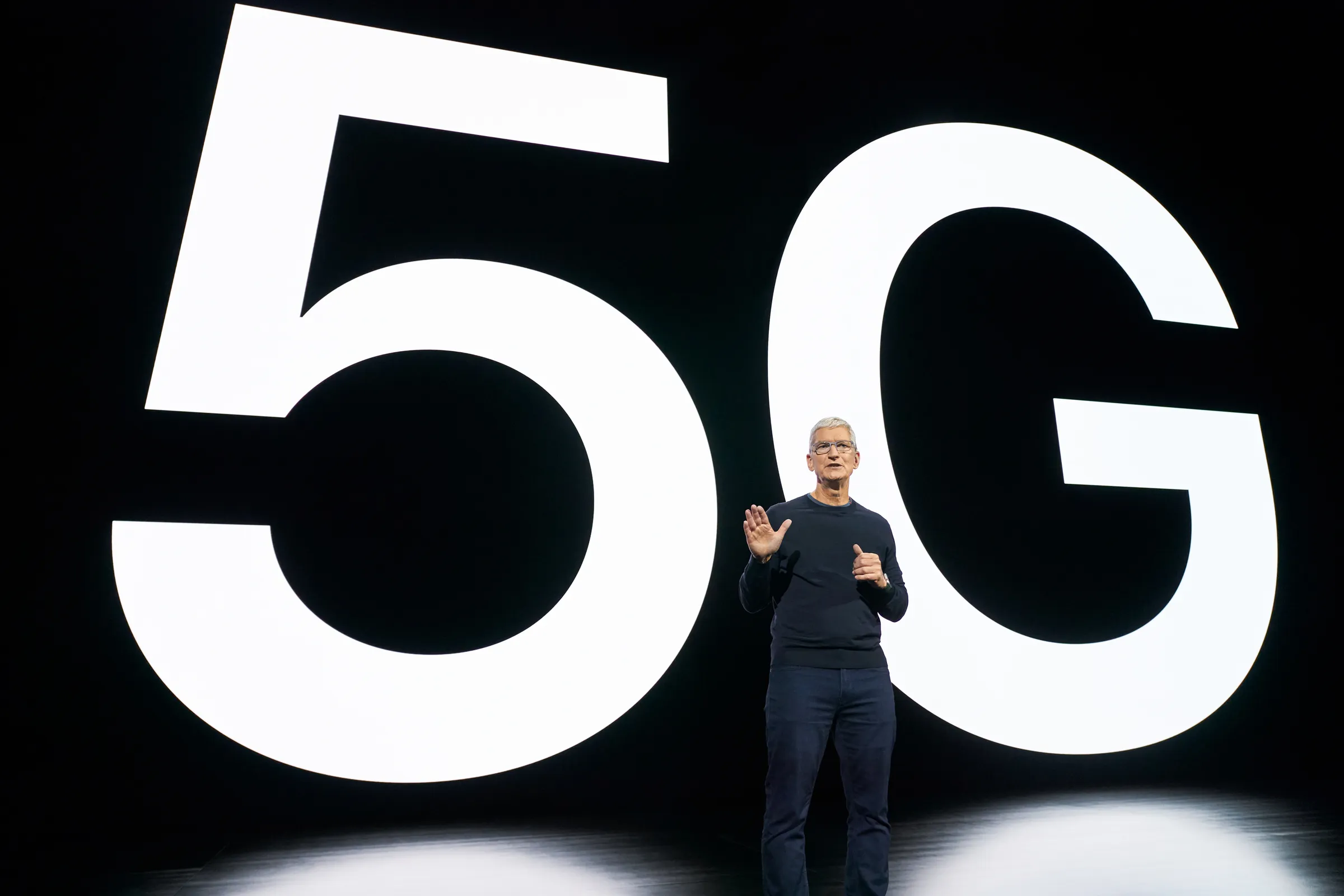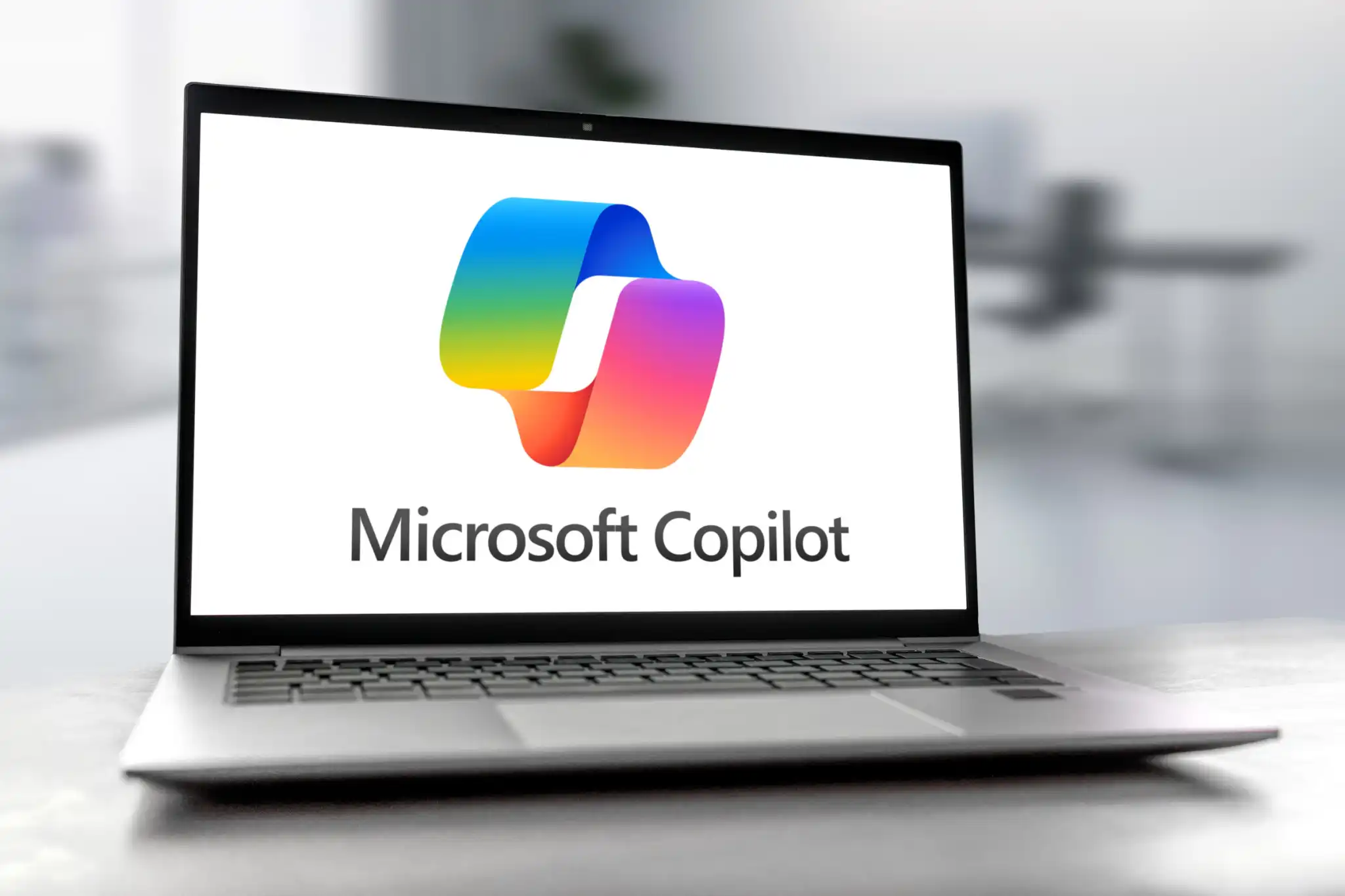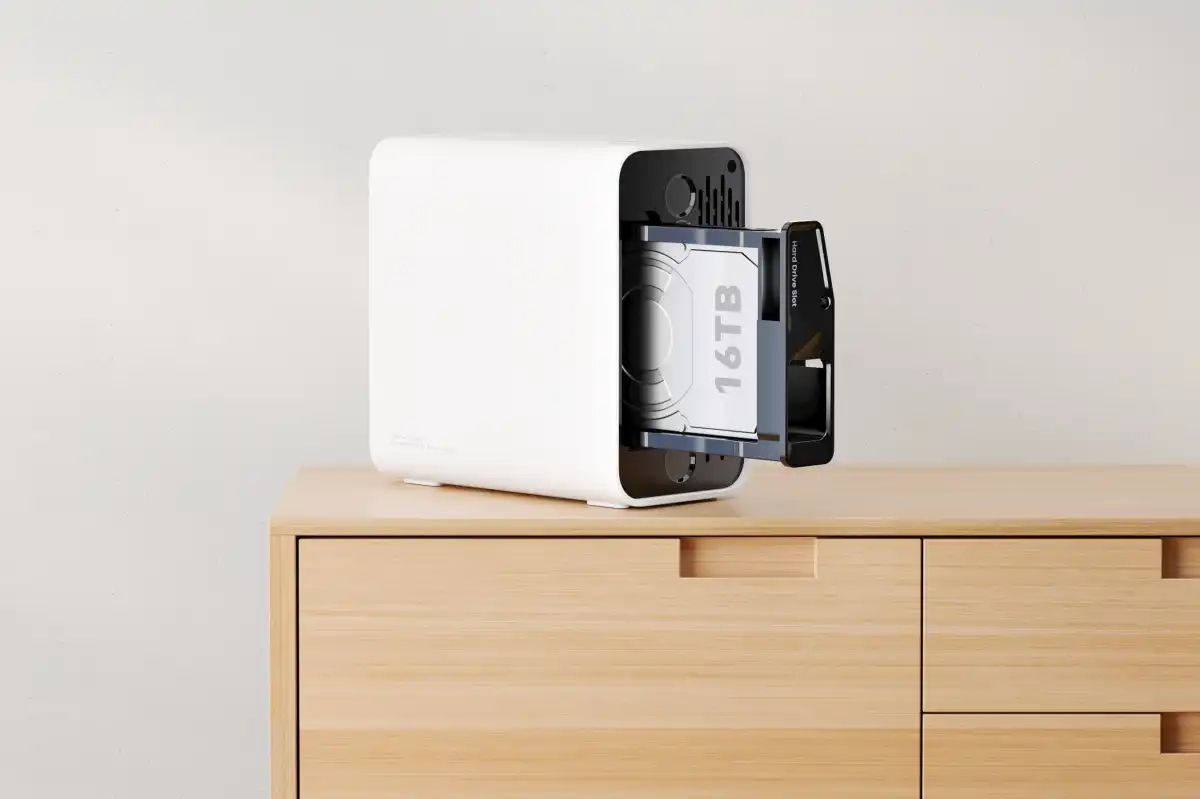The company made a splash with its Intel-based portable gaming PC at CES, but it looks like they’re already planning on a follow-up
The handheld gaming PC market is heating up. If you need proof, look no further than MSI, which made waves at CES by introducing the first major design based on Intel Core Ultra hardware. The MSI Claw is following in the footsteps of the Asus ROG Ally and the Lenovo Legion Go, but we’ve yet to see if any of these companies are committed to the Steam Deck format beyond a single product. If an MSI executive is to be believed, they’re already working on a second — and third, and fourth — model.
Speaking with IGN last week, MSI’s System Product Manager Clifford Chun expanded upon the creation of the Claw, and the company’s plan for its future. Chun said that the company expects it to have a two-to-three-year lifecycle, “just like our laptops.” (I think even gamers might bristle at the suggestion that they need a new laptop every three years, but I digress.) The juicy part follows:
“So, this will be only the first version of our Claw. We are anticipating to come out version 2, version 3, version 4 down the road and it’s already in the pipeline.”
This is far from an ironclad commitment to more Claw handhelds. Chun goes on to say that, even though they’re in the early stages of development already, such devices will be dependent upon CPU and integrated graphics upgrades that don’t yet exist. It’s also worth pointing out that the two-to-three-year timeline is about where Valve is placing the next version of the Steam Deck — the recent OLED upgrade made a few minor changes to the silicon, but nothing that would be considered a true sequel.
Note that the headline of this article doesn’t say something along the lines of “The MSI Claw 2 is on the way.” If the first model is an expensive flop, MSI will almost certainly abandon this segment to the competition — that’s just the reality of emerging markets. But the fact that the company is already anticipating follow-up models says that at least someone high up expects the PC gaming handheld to stick around.




